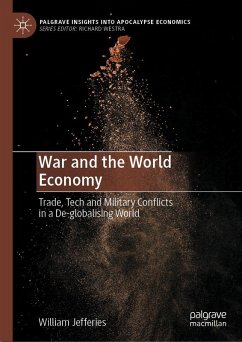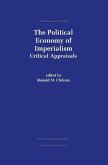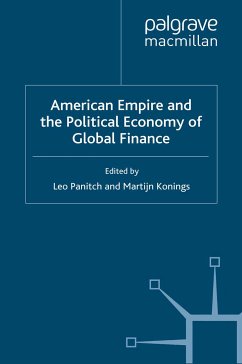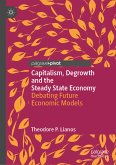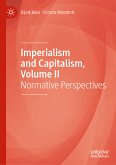The book addresses three overarching themes: globalization versus de-globalization, great power conflict versus cooperation, and trade/tech integration versus competition. It examines the shift from stagnating conditions in the late 1970s to the resurgent hyper-global capitalism of the 2000s after the integration of the former Centrally Planned Economies (CPEs) into the world market, leading to, but not ending with, the 2008 Great Financial Recession. Globalization is analysed in depth at both a national and global level, with insights on the diverging paths of US and China forming a central focus of the chapters. The book provides a comparative analysis of US and Chinese economic development and discusses how globalization inevitably produced de-globalization: reversing trends towards the integration of production, trade and finance that have defined the world economy over the last three decades. This book will be of interest to scholars and students in areas including political economy, macroeconomics, war studies, international relations and more.
Dieser Download kann aus rechtlichen Gründen nur mit Rechnungsadresse in A, B, BG, CY, CZ, D, DK, EW, E, FIN, F, GR, HR, H, IRL, I, LT, L, LR, M, NL, PL, P, R, S, SLO, SK ausgeliefert werden.

